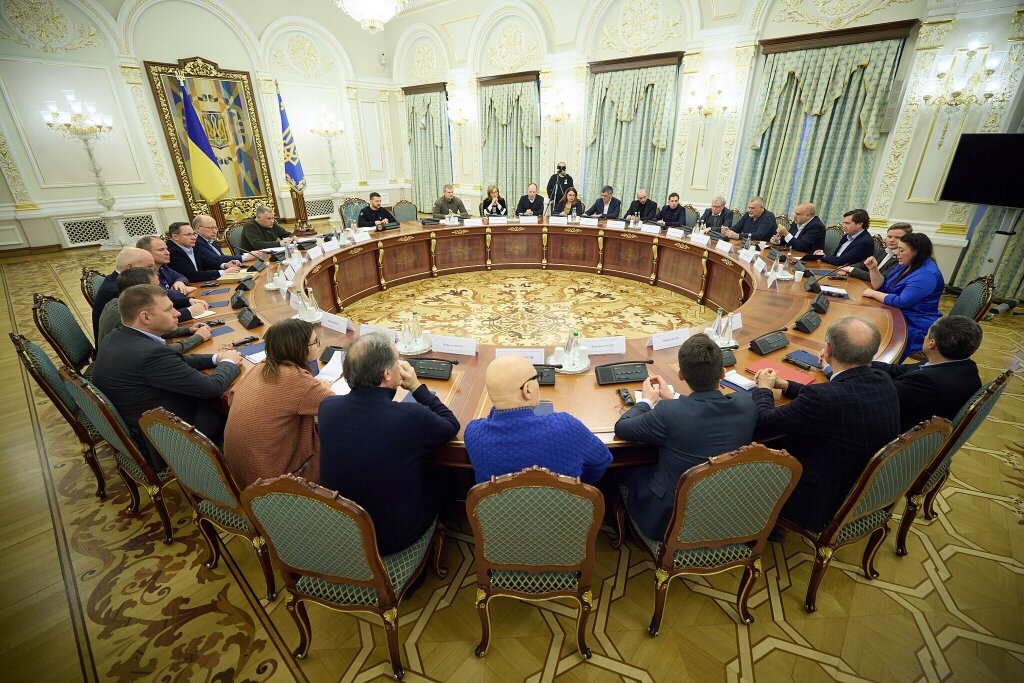This event will be hosted in hybrid format. RSVP to attend in person. Register for the Zoom meeting.
This talk discusses how the resurfacing of Babyn Yar memory in Kyiv, Ukraine, in the late Soviet period transformed the site into an important battleground of the Cold War. On March 13, 1961, an industrial accident in the heart of Kyiv—the Kurenevka flood—both literally and figuratively brought evidence of Babyn Yar back to the surface after twenty years of silence. The cultural and political reckoning that emerged in its wake, most famously with Yevgeny Yevtushenko’s poem “Babi Yar,” quickly reached audiences across Cold War borders. In the Soviet Union, the poem’s opening line, “No monument stands at Babi Yar,” unsettled a postwar status quo that had relegated the Jewish experience of the war to the political margins. In the West, it forged new connections between Jewish communities across time and space. Focusing on the KGB’s strategies to contain grassroots commemorations of Babyn Yar and control foreign access to the site, the talk follows how events in Kyiv intersected with an emerging global Holocaust consciousness, the call for Jewish emigration among Soviet dissidents, and the movement to “Save Soviet Jewry” abroad. Finally, it will reflect on how monuments and memorials—both those built and not built—become not only sites of memory, but agents of politics.
Victoria Smolkin is Associate Professor of History and Russian, East European, and Eurasian Studies at Wesleyan University. She holds a BA in European Literature and History from Sarah Lawrence College, and an MA and PhD in History from the University of California, Berkeley. She is the author of A Sacred Space Is Never Empty: A History of Soviet Atheism (Princeton University Press, 2018), which was awarded Honorable Mention for the Wayne S. Vucinich Book Prize for the most important contribution to Russian, Eurasian, and East European studies in 2019. The Russian translation, published by New Literary Observer in 2021, was long listed for the Alexander Piatigorsky Literary Prize. Her writing has also appeared in the Los Angeles Review of Books, The Washington Post and Politico, among others. She is currently working on a book titled, “The Wall of Memory: Ukraine and Its Histories.” She was born in Kyiv.



